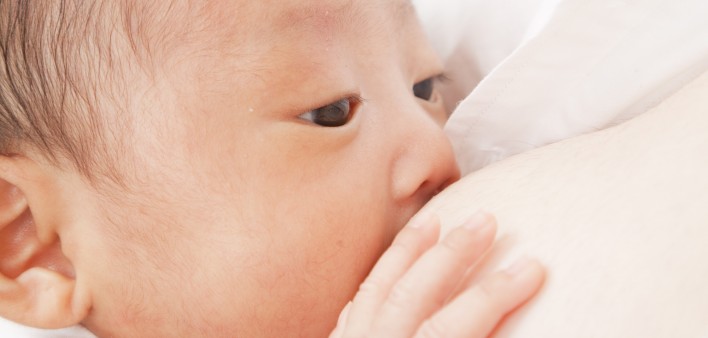HIV-positive women who breastfeed can protect their infants from infection for up to a year after birth by giving them a liquid form of pre-exposure prophylaxis (PrEP), Medscape reports. Researchers conducted a randomized controlled trial in four sites in sub-Saharan African of 1,236 infants between November 2008 and May 2012.
The infants were all HIV-negative at birth and born to mothers who did not qualify for antiretroviral (ARV) treatment under the national guidelines at that time. At seven days old, the infants were randomized to receive twice-daily liquid formulations of either Norvir (ritonavir)–boosted Kaletra (lopinavir) or Epivir (lamivudine) as PrEP through one week after stopping breastfeeding or the final study visit at week 50.
Seventeen of the infants contracted HIV during the study, for cumulative incidence rates of 1.4 percent among those assigned to take boosted Kaletra and 1.5 percent among those in the Epivir group. The difference between rates was not statistically significant, meaning it could have occurred by chance.
The researchers found that most of the transmissions resulted from a lack of adherence to the liquid PrEP. Among those who were adherent, the infection rates were 0.2 percent in the boosted Kaletra group and 0.8 percent in the Epivir group. The difference between these rates was also not statistically significant.
The researchers concluded that the study justifies providing liquid PrEP to such infants until they are no longer breastfeeding, and informing mothers about the persistent risks of transmitting the virus to their babies through breastfeeding.
To read the Medscape article, click here (free registration with the site is required). http://www.medscape.com/viewarticle/854805
To read a press release about the study, click here.
To read the study abstract, click here.

Thinkstock (Model(s) used for illustrative purposes only)






Comments
Comments